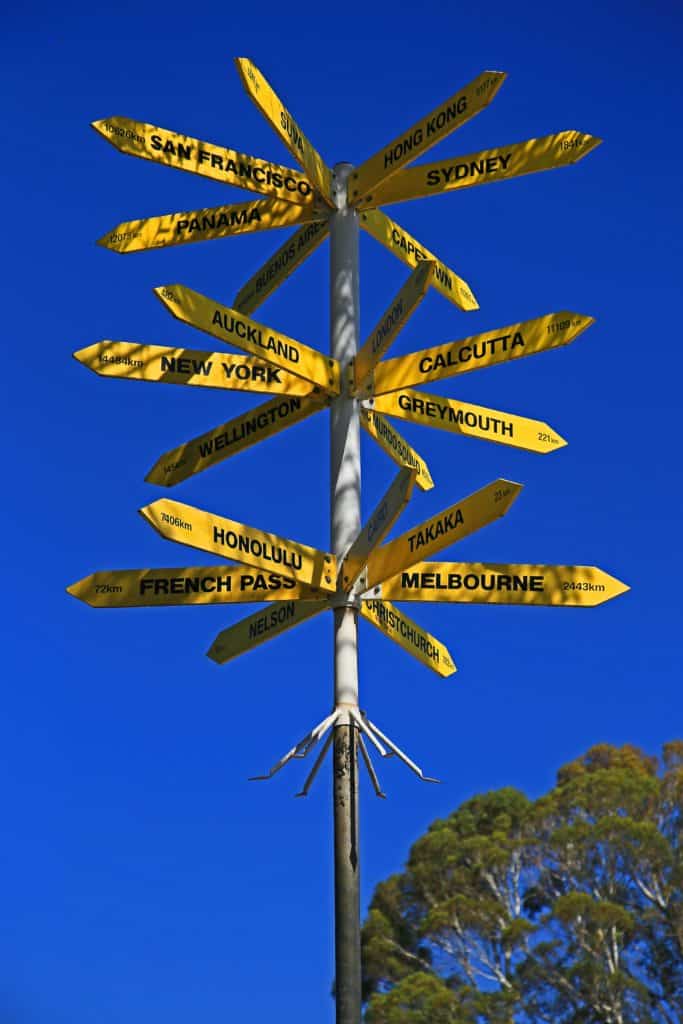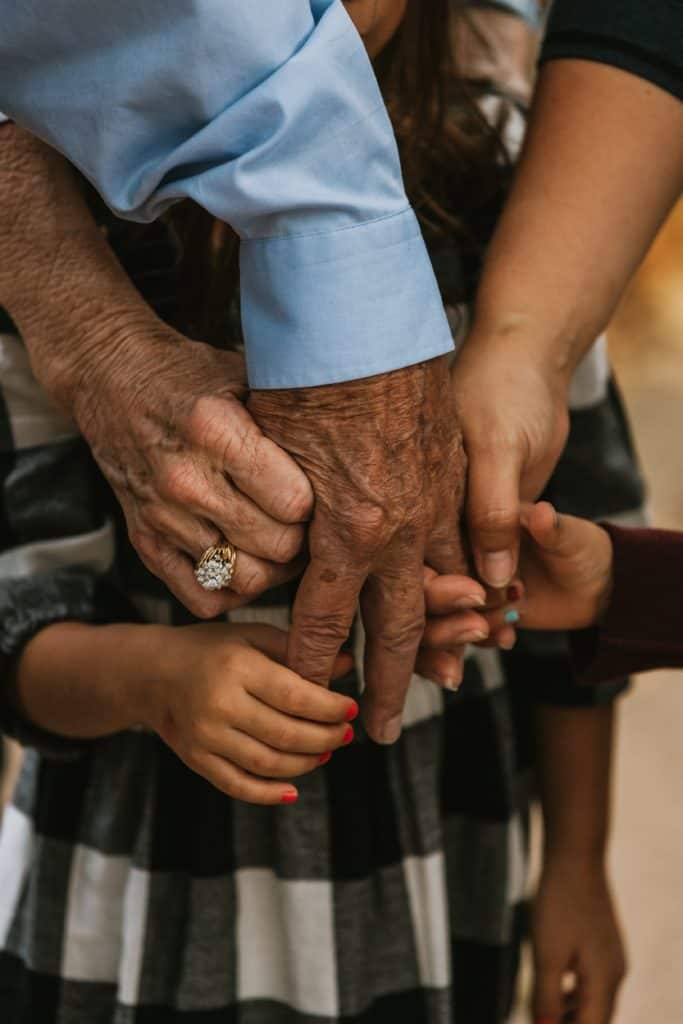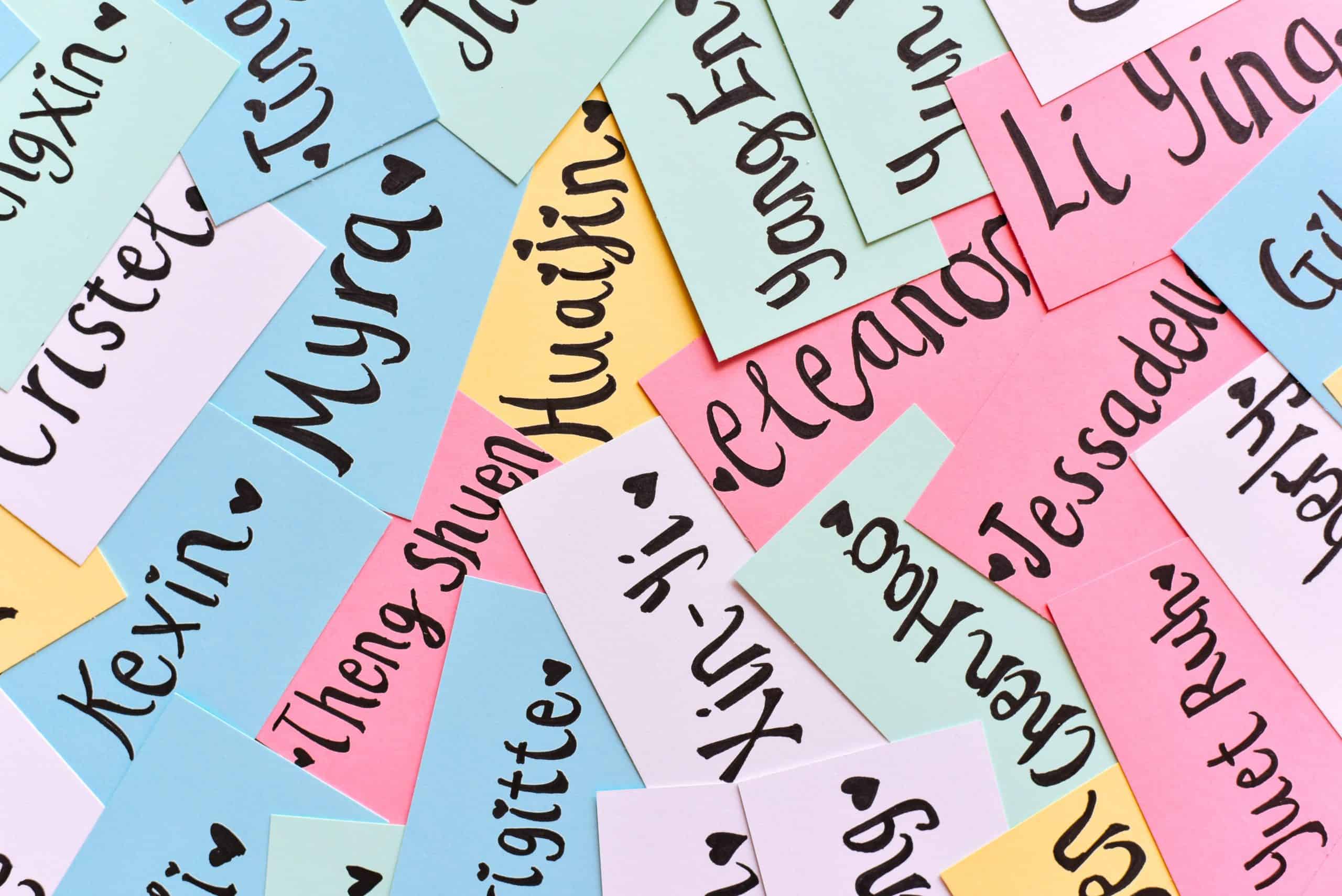Norwegian last names are one incredible way of knowing the great culture of the people. To a new person, the name of Norwegians may simply pass for an individual identification but to the locals, it has more than just that. A Norwegian surname is a source of family identity. With the surname, someone can trace it back to the previous generations.
Want to learn Norwegian? Check out this book: Conversational Norwegian Quick and Easy: The Most Innovative Technique to Learn the Norwegian Language.
For someone interested in knowing and understanding the progression of Norwegian surnames it’s an interesting gateway to their culture. The surnames carry more than just a personal tag and can be used to track down one’s generation.
Brief History of Norwegian surnames
The surnames of Norwegians as they are today have undergone adjustments in the past. Each adjustment has been with the sole intention of establishing the surnames as a source of family identity. For instance, in the years before 1923, the common trend for most surnames in Norway ended in -son, -sen, -dotter, or -datter. These names showed either son of or daughter of.
For consistency of naming, it became the Norway government policy that people choose last names that could be passed down. In response to this requirement, families chose to continue with their father’s last names yet others still selected to take place names or farm names. Initially, the sources of Norwegian family names included farm names, toponyms, and place names. With the new laws, families could pass the last name from one generation to the other.
Today, anyone with interest in Scandinavia or specifically Norway may wonder concerning their distinct surnames. Previously, family names had interesting stories in the etymology world. The Norwegian last names do entail names of landscape geographical features, places, and others as the fathers’ direct names. .

Sources of Norwegian last Names
Just like the other parts of Scandinavia, Norwegian last names are unique. The surnames in the fjords of Norway are not the same as those in the United Kingdom and the United States of America. The main kinds of the surname are:
1. Norwegian toponymic surnames:
Norwegian toponymic surnames come from geographical locations and places. Such names are also artistic or ornamental.
2: Norwegian patronymic surnames
These are the names passed from the family’s father to others.
3. Norwegian occupational surnames
Occupational surnames among Norwegians come from the common or best job that the ancestor did. So from such name, generations may also get an idea about what their forefathers used to do for a living.

In the past, the Norwegian names had three parts, including an address, the patronym, and the given name. With modernisation, everything changed, including the process of giving out the last names, and now Norwegians had to fix their family names.
Common Norwegian Last Names
- Hansen: It is common all through Norway, and it has gained attention across the globe. It means the son of Hans, an indication of Norwegian naming. Although there are spelling variations, such as Hanssen, it is one of the most common surnames in Norway.
- Johansen: It means the son of Johan. It was used as an alternative to John, and it had varieties such as Johannes.
- Aaby: The name is mainly inspired by two words, including ‘a’ and ‘byr.’ ‘a’ means a river while ‘byr’ means farm.
- Aaberg: It means on the hill which is by the river, and it denotes an individual living by the river.
- Aadland: the name comes from old Norse, “Árland,” which means land located by the river.
- Aamodt: The name combines “meeting” and “rivers”; it means a place where two of the rivers meet.
- Aarhus: It is an habitant name coming from Old Norse, and it means a river and a farmstead or house.
- Arud: It is a Norwegian surname made of “å,” which means a river or stream, while “rud” means clearing.
- Aun: The word “aun” means wasteland, a farm in Norway.
- Bang: It is among the most famous Norwegian names, and it is known among individuals dwelling on a hilltop, terraced land, or a firm.
- Balke: the name comes from the Norse name “balk,” which means beam.
- Barness: it is a family name comprised of “Baldrekr” and “nes” Old Norse names meaning headland or point.
- Berg: The name is mainly used for people in the mountains of a region.
- Becken: As compared to the rest, this surname is interesting because it comes from “Bec,” an English word ”Bekke,” meaning stream.
- Beito: the family name is from a river’s name that is by freezing cold or pasture.
- Borger: It is a habitational name for an individual living by fortification or by the hill.
- Calland: it is the name of a farm, ‘Kalland,’ which means calf land.
- Dahl: The name is derived from “Dalr,” an Old Norse word meaning valley.
- Dahlem: it consists of a combination of two Old Norse words, “dalr” and “heim,” which means valley and horse, respectively.
- Dammen: In Norway, a dam means a pond, and the name might have also come from a place called Drammen, which is located in Southeast Norway.
- Dokken: it originated from “Dokk,” an Old Norse word that means depression or hollow.
- Dybdahl: In Norway, it means someone living in the deep valley.
- Dullum: it is the plural of “dalr,” which is an Old Norse name that means valley.
- Ege: It comes from the Old Norse word ‘eiki,’ which means oak grove, and it also denotes the top Norwegian Southern villages.
- Eggum: It is the plural of the word egg in Norway.
- Eiken: It means oak derived from the word “eik.”
- Elden: It originates from the word meaning flame or fire.
- Elstad: The name has a combination of “Eilifr,” which is a personal name, as well as “stadr,” which means farmstead.
- Enberg: the name originates from two Norse words, “Einir” and “berg,” meaning juniper and hill, respectively.
- Fadness: It is a combination of two names, “ferga” and “nes,” meaning ferry and headland, respectively.
- Falla: It comes from the word fall with reference to tree felling or a landslide’s site.
- Falstad: The first element is unknown while the second one stad, means dwelling.
- Fehn: The name is derived from the word Favin that means meadow.
- Flaa: It is a family name for the families that lived on terrace farms.
- Gaarder: It comes from the word “gard,” meaning farm and other places located in Norway.
- Gill: The name means ravine
- Grambo: The name means farmstead.
- Granberg: The name is derived from Old Norse names “gran” and “berg,” meaning spruce and mountain, respectively.
- Grande: The name means sandback.
- Hagen: It means protected religion
- Hall: The name is adopted for individuals who worked in a house, manor, or hall of an unenlightened nobleman.
- Hove: It is derived from Norwegian names, which denotes the place of worship.
- Horn: It represents the families that carved different objects from a horn.
- Ihle: It originates from the word “ila,” meaning well or spring.
- Island: It is a combination of two Norwegian words, “is” and “land,” meaning ice or water and land, respectively.
- Jahr: It is an old Norwegian name, “jaorr,” meaning rim or edge.
- Kjos: It means a narrow valley.
- Klepp: It either means bluff or cliff.
- Kvam: It points towards the nation’s small valleys.
- Lund: It is a popular name that means trees.
- Landvik: For the Norwegians, it is a town, and it means land inlet.
- Manager: It is the name of a place, and it consists of two Old Norse names, “mar” and “angr,” which means seagull and inlet, respectively.
- Malmin: It is linked to the Norwegian farmsteads.
- Morken: It means wood.
- Naas: It means nose in Norway.
- Nerby: It means the low farm areas.
- Ness: For the Norwegians, the name means headland, and it describes an individual who lives in promontory or headland.
- Odden: The name means headland.
- Okland: The name represents the Norwegians from Aukland or Okland
- Ottum: The name comes from the Otta river meaning to frighten.
- Pollen: The name means small bay or pond, and it originates from the word “pollr.”
- Rannum: It is a habitational name meaning brink or nose.
- Rike: It means the rule.
- Rosedahl: It is the name, which is behind the issue of clearing valleys.
- Selland: The word comes from the Norwegian name “selja,” which means willow and land meaning land.
- Stien: In Norway, the name means farmstead pathway.
- Solberg: It refers to the name of a place, and the two words “sol” and “berg” means sun and mountain.
- Sund: It comes from the word “sund,” meaning strait.
- Tanck: The name means good spirit.
- Tande: It means tooth, and on the other hand, it refers to the Norway farms.
- Tenold: It means enclosure in a tiny hill.
- Ulberg: The name is a combination of two words, “ulfr” and “berg,” meaning wolf and mountain, respectively.
- Ure: The name stands for the rocky slope meadows.
- Valen: It means shallow waters.
- Wahl: It is the name of Norwegian farmsteads.
